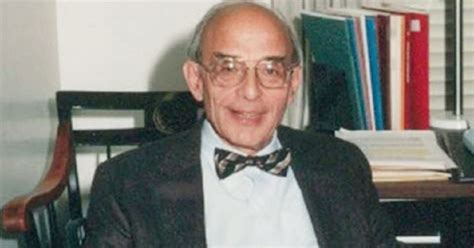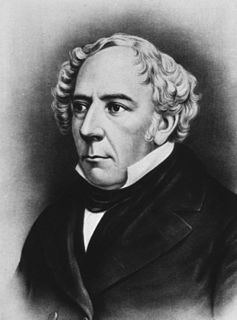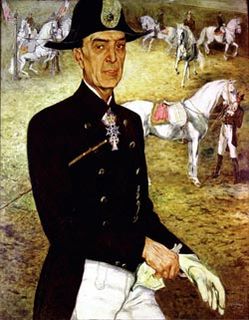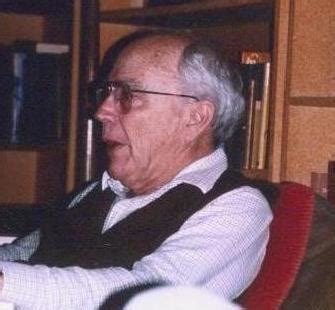A Quote by William C. Brown
An aphorism is an extreme synthesis of thesis and antithesis, theory and practice, it's a mixture of intuition and observation, hypothesis and illusions of certainty and probability, history and stupidity.
Related Quotes
What I like and find liberating in dialogue comedy is that the characters, and what they say, are not me. These are fleeting thoughts and observations and not presented as truths but as something that illuminates the character and the dynamic between the characters. This kind of dialogue is thesis and antithesis - and we never get to a synthesis.


































